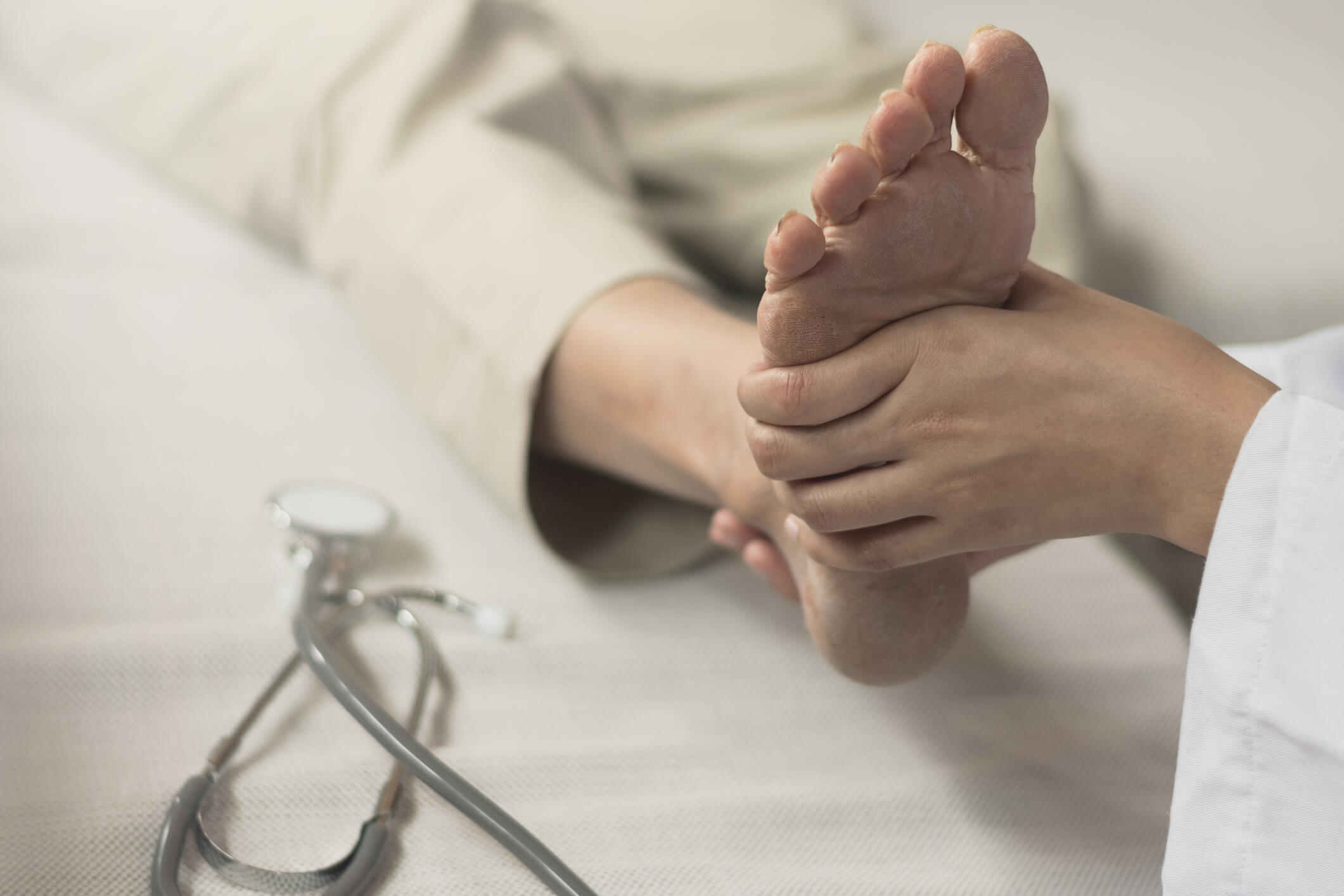Dr Nay Aung
Consultant Cardiologist
Specialist expertise: Heart failure, Advanced Non-Invasive Cardiac Imaging, Cardiomyopathy, Coronary Artery Disease, Chest Pain, Breathlessness, Palpitations, Dizziness/Vertigo, Syncope, Atrial Fibrillation, Arrhythmias, Valve Disease, Hypertension, Preventative Cardiology, Cardiology.

